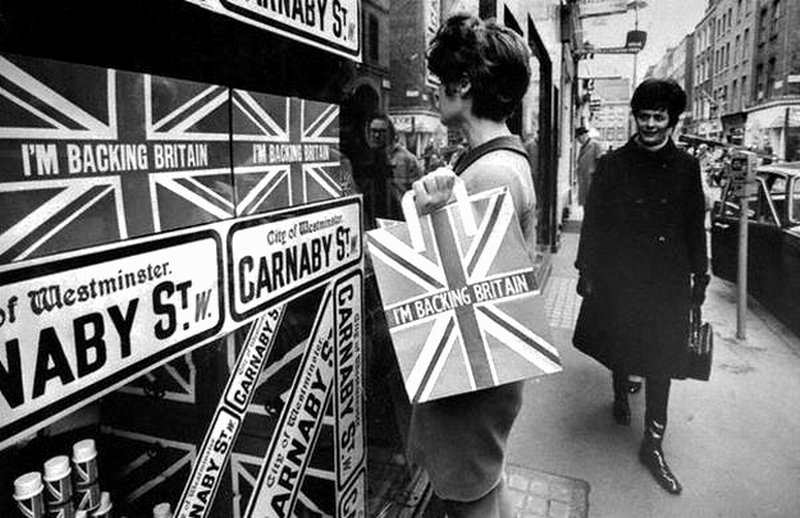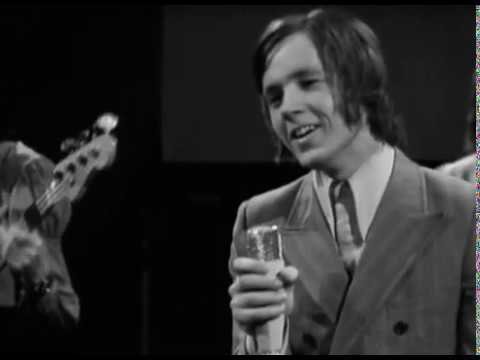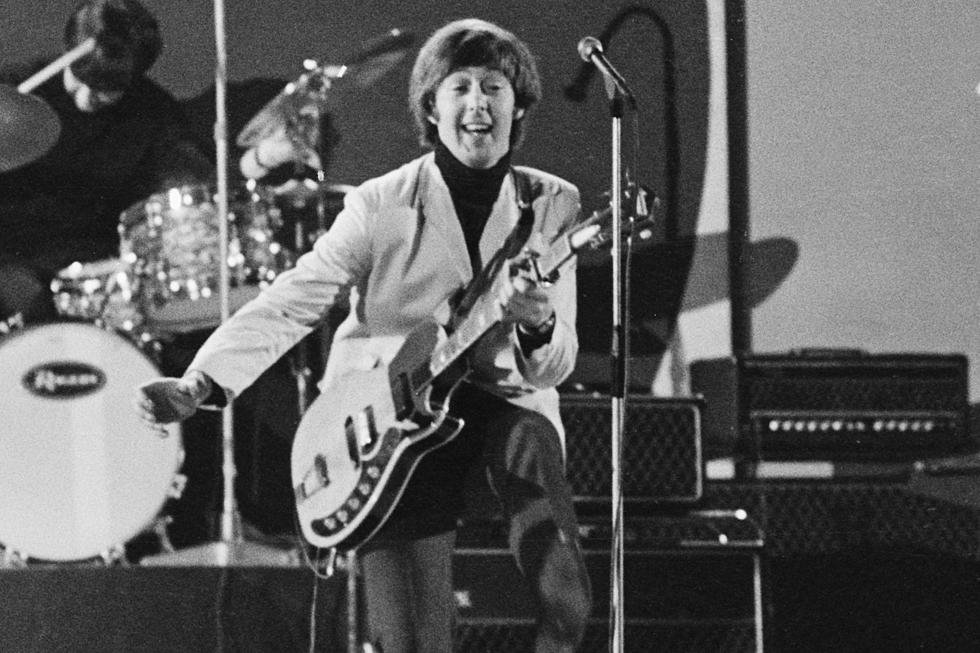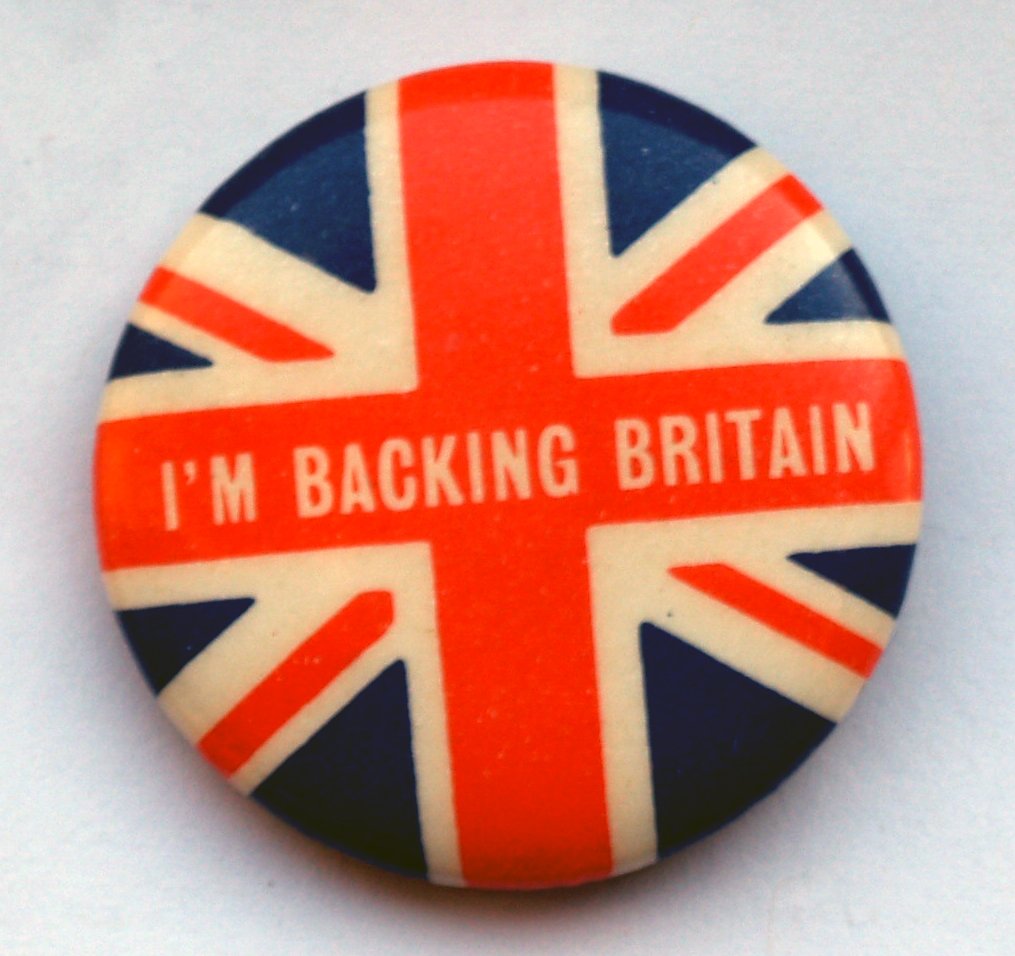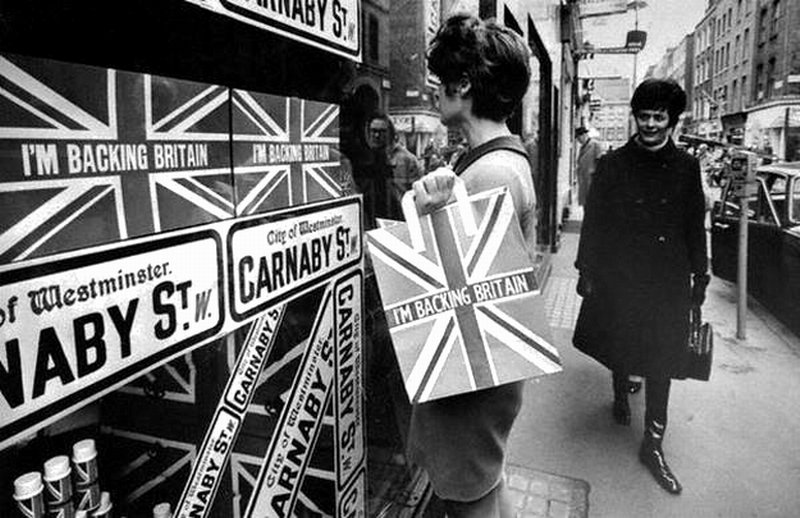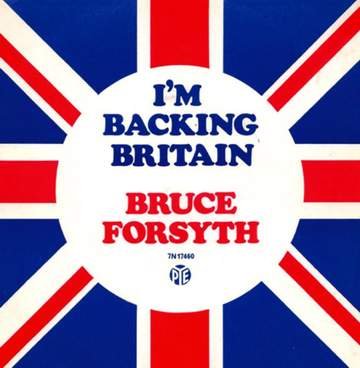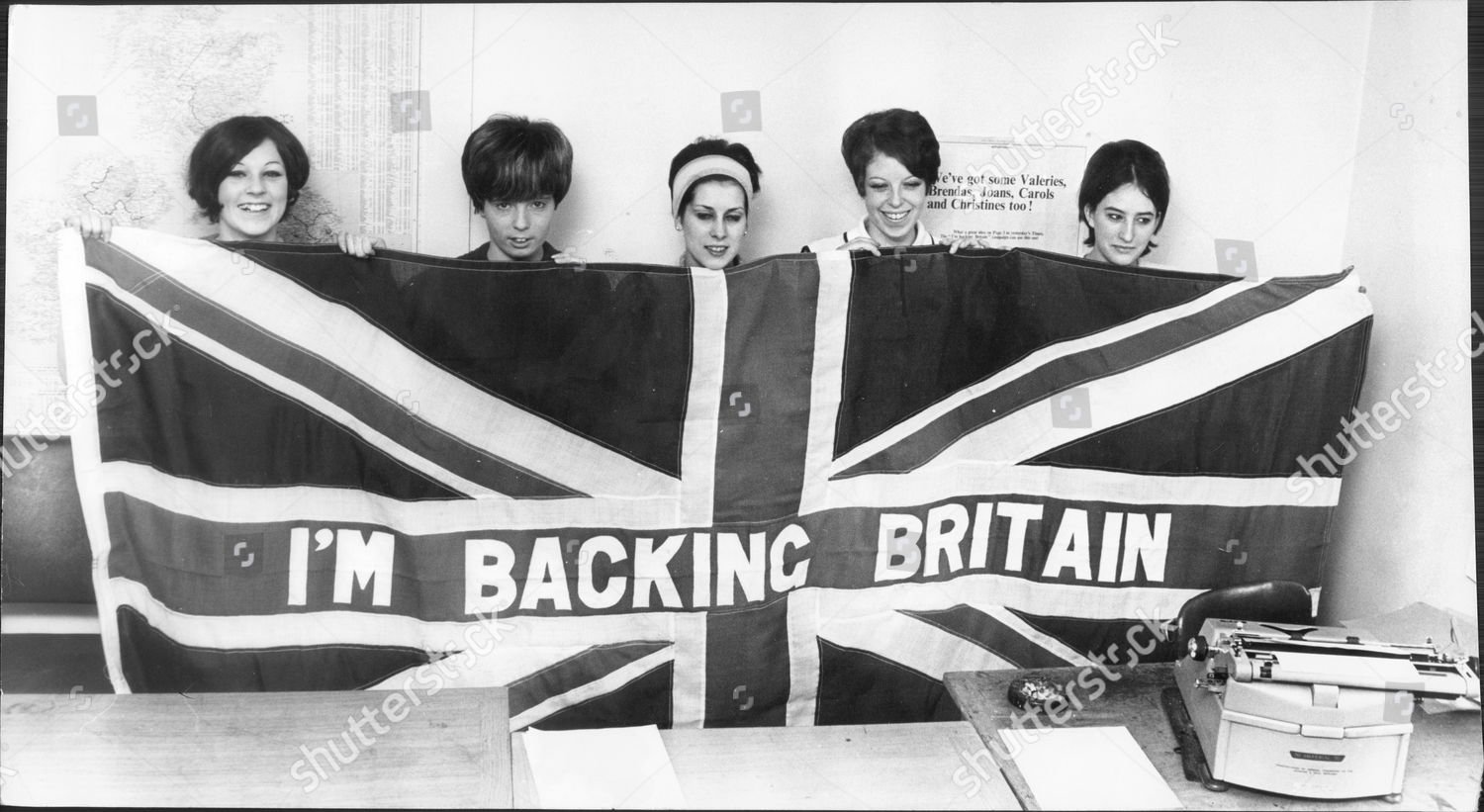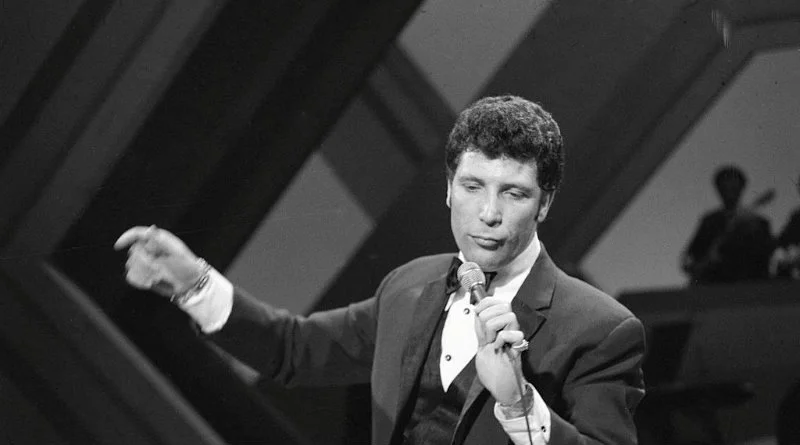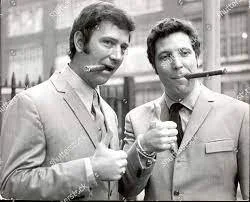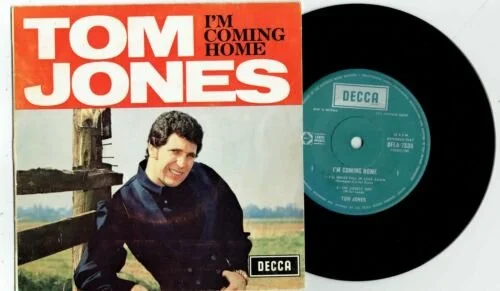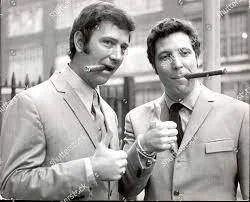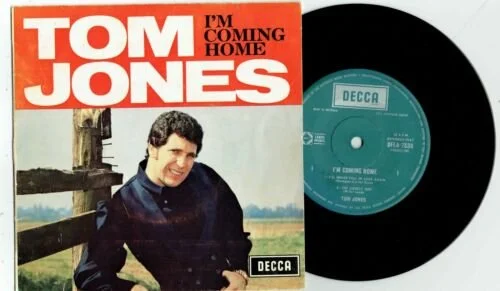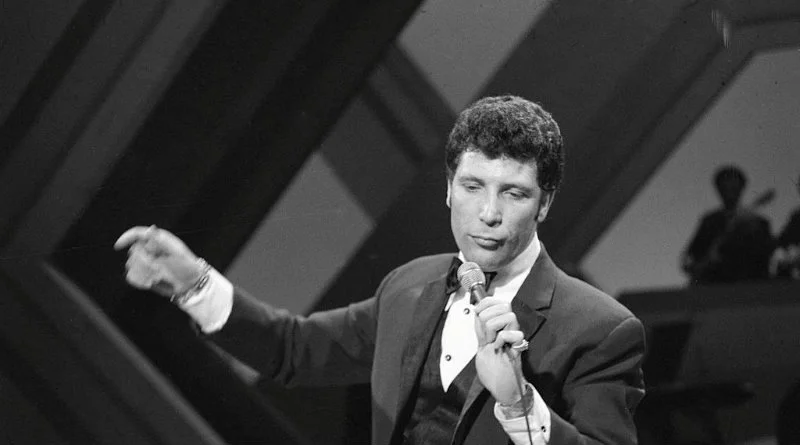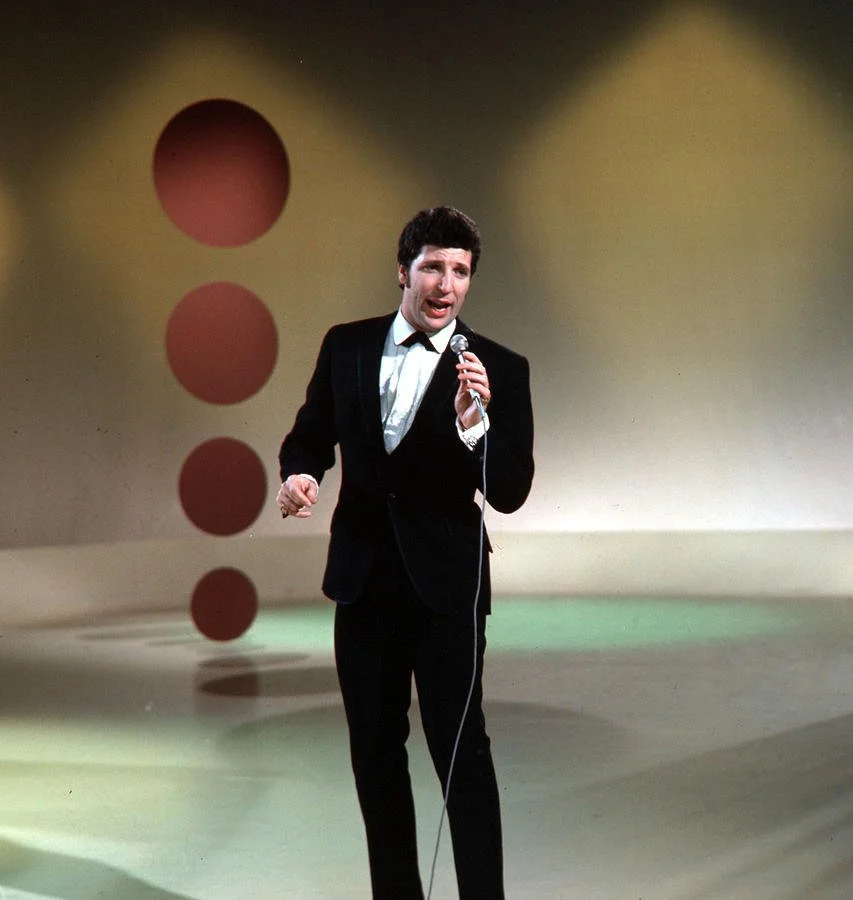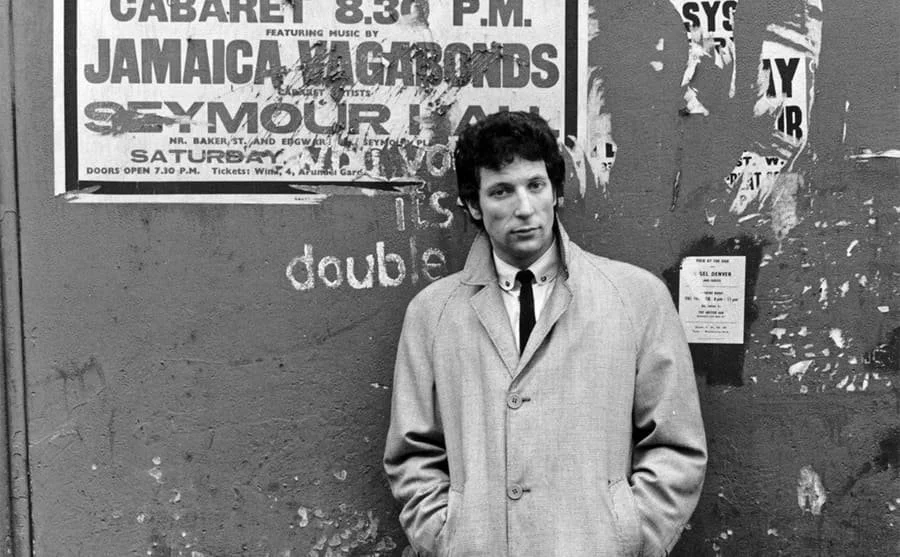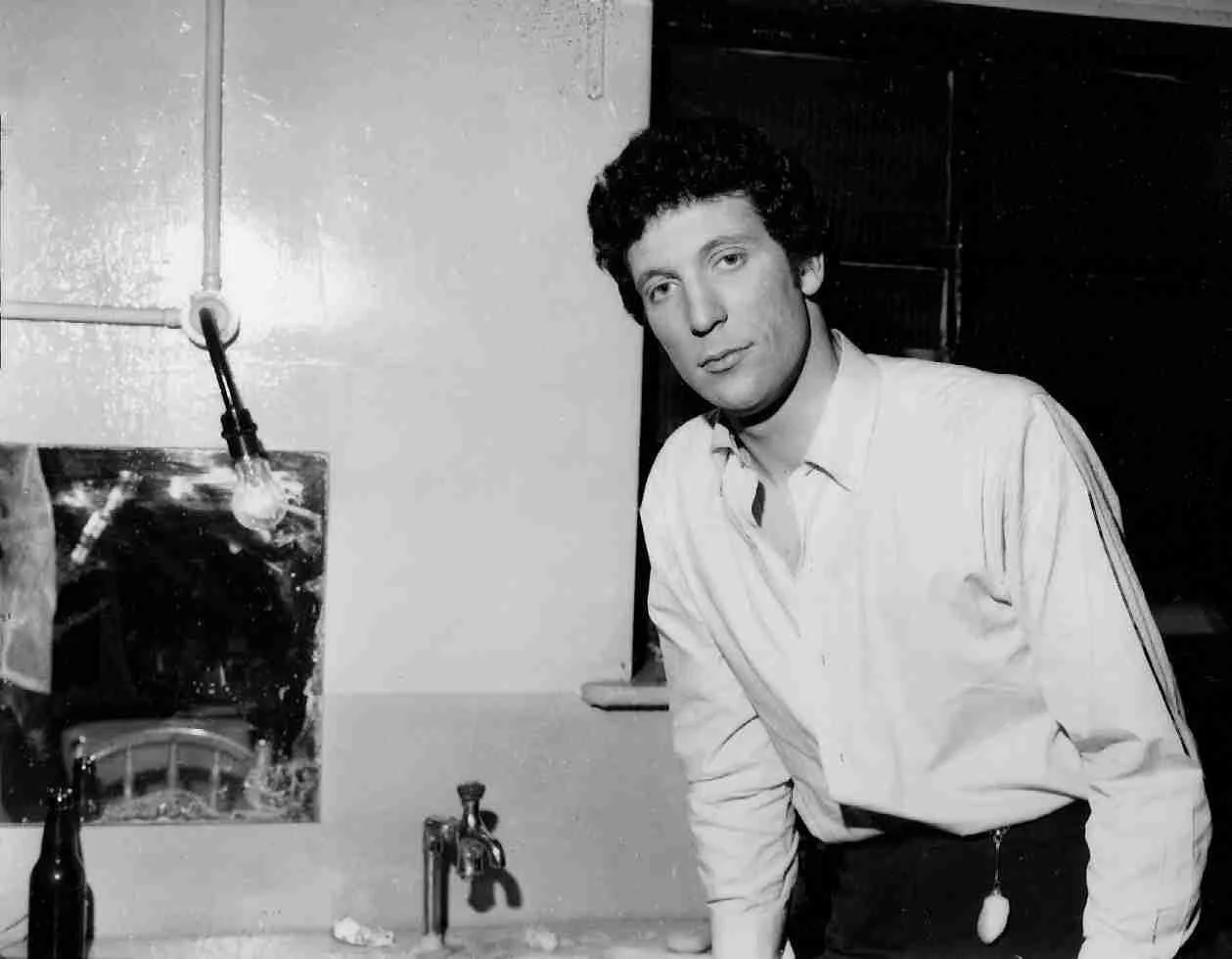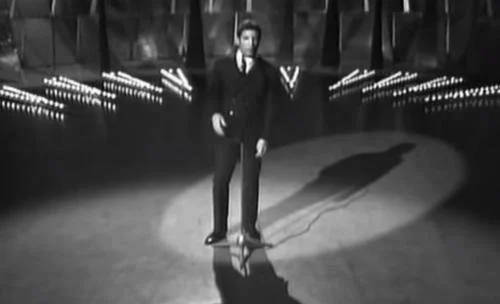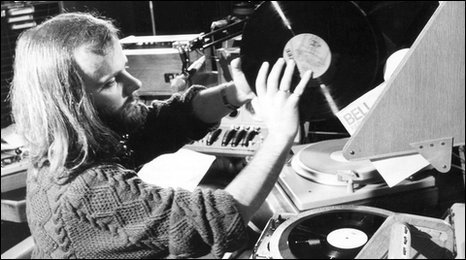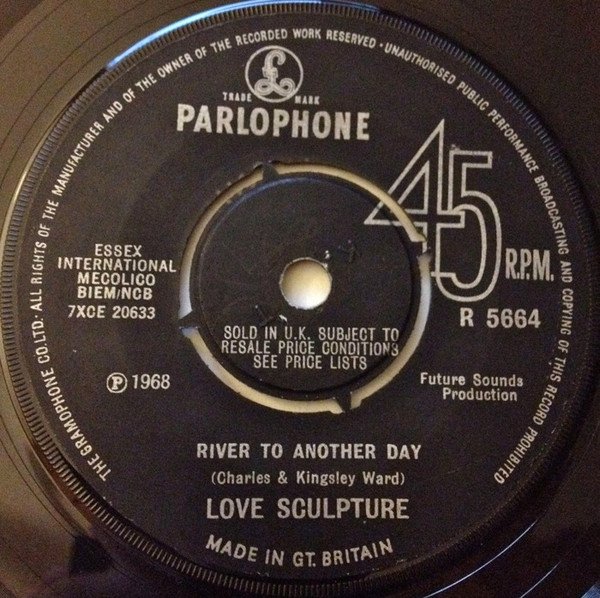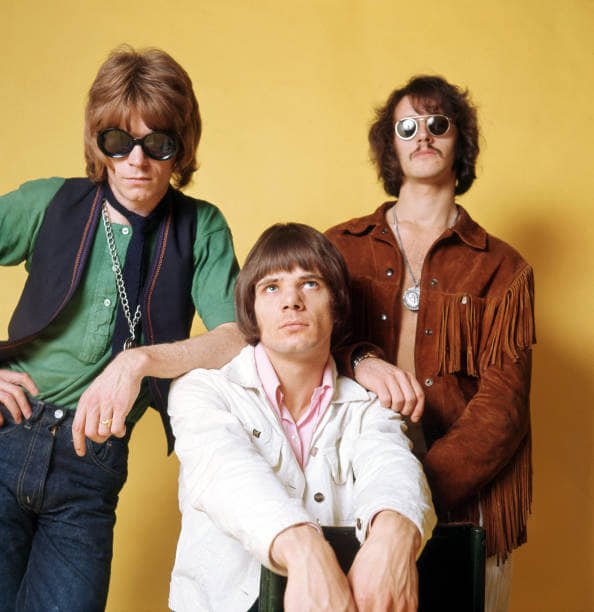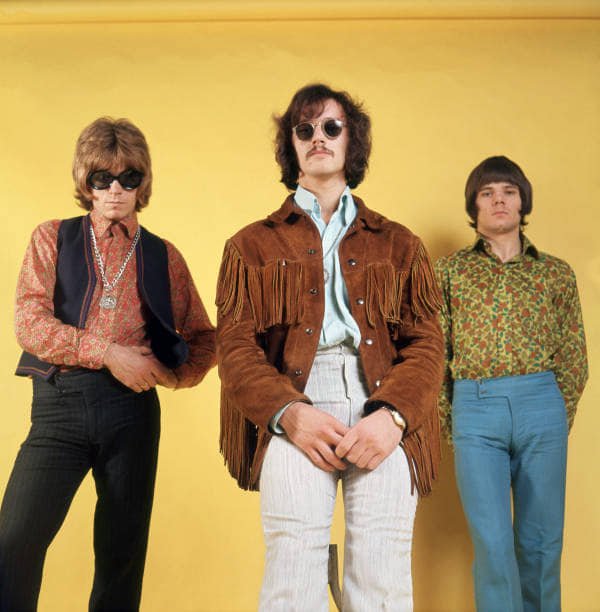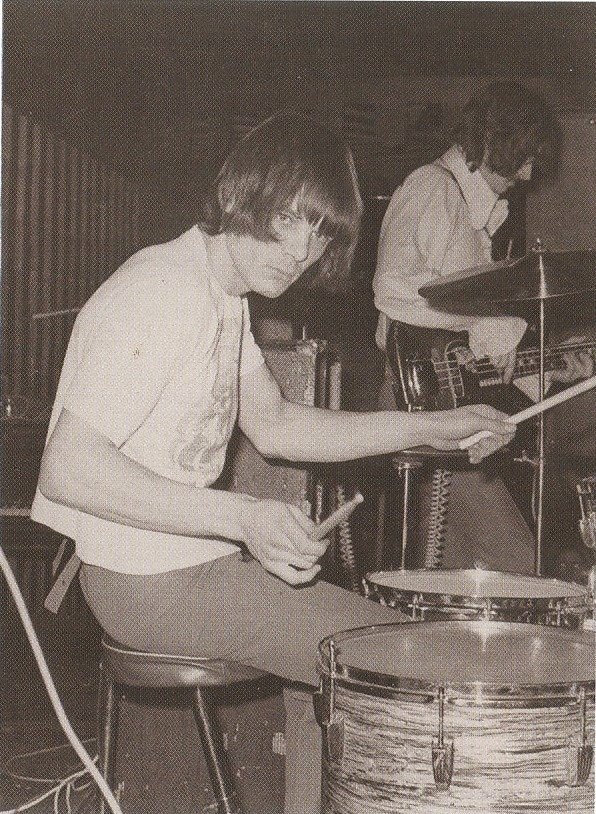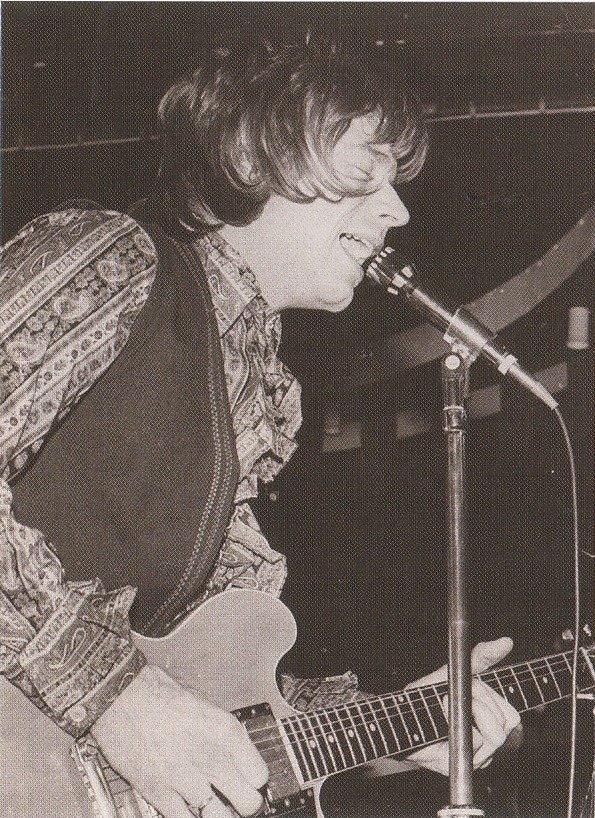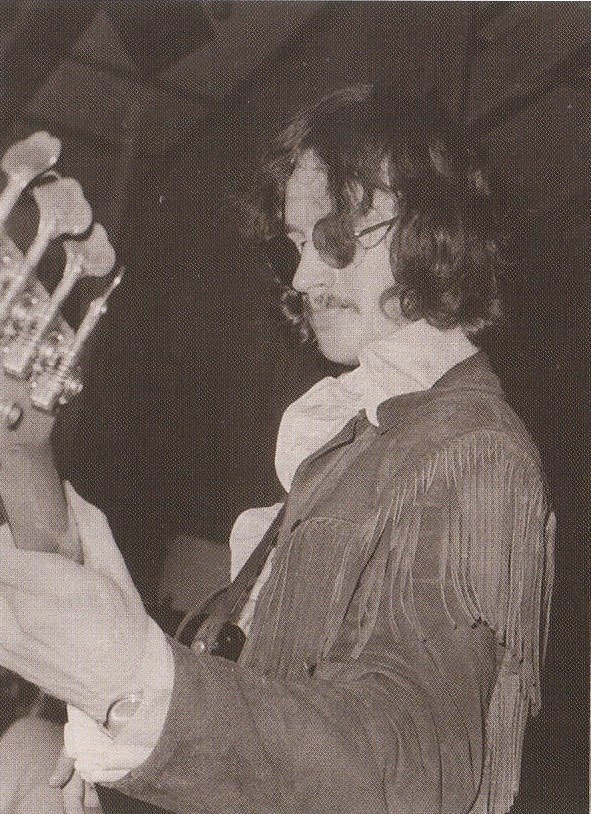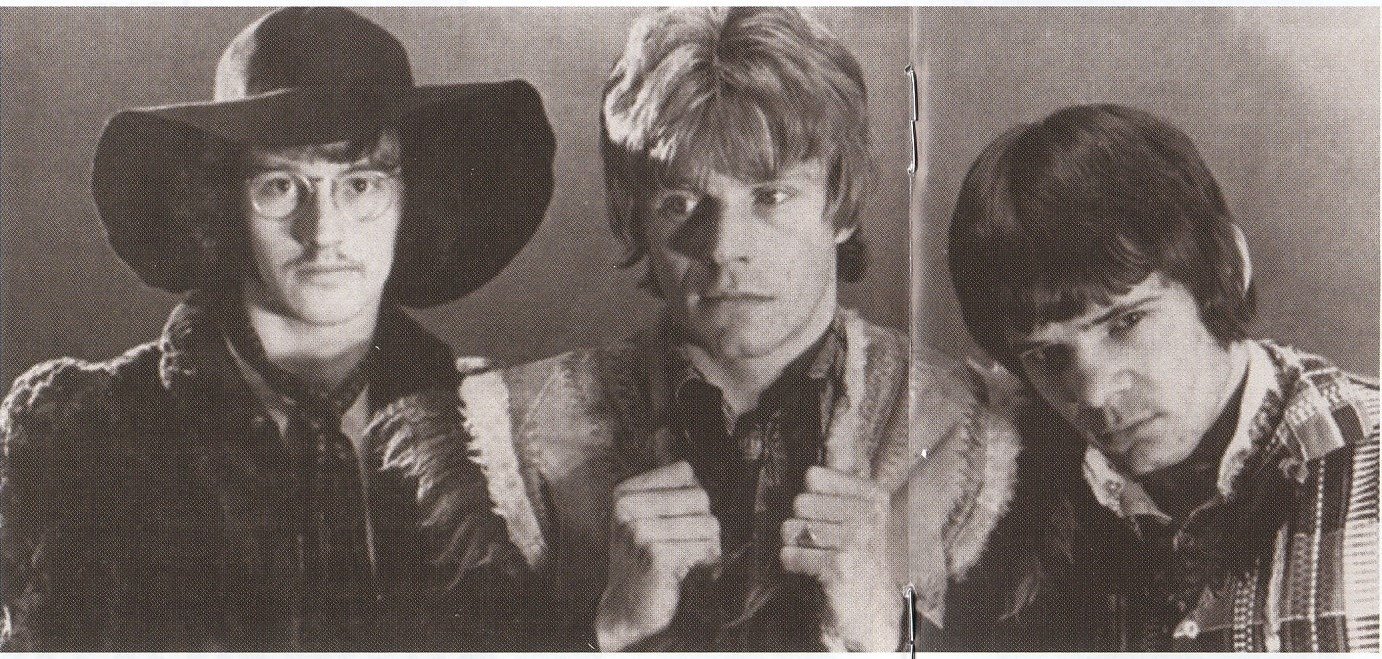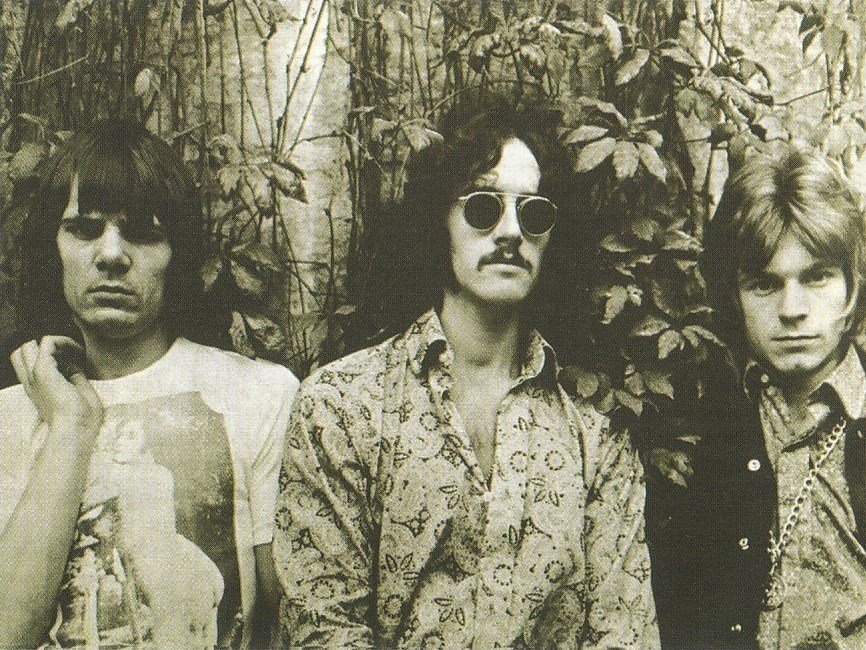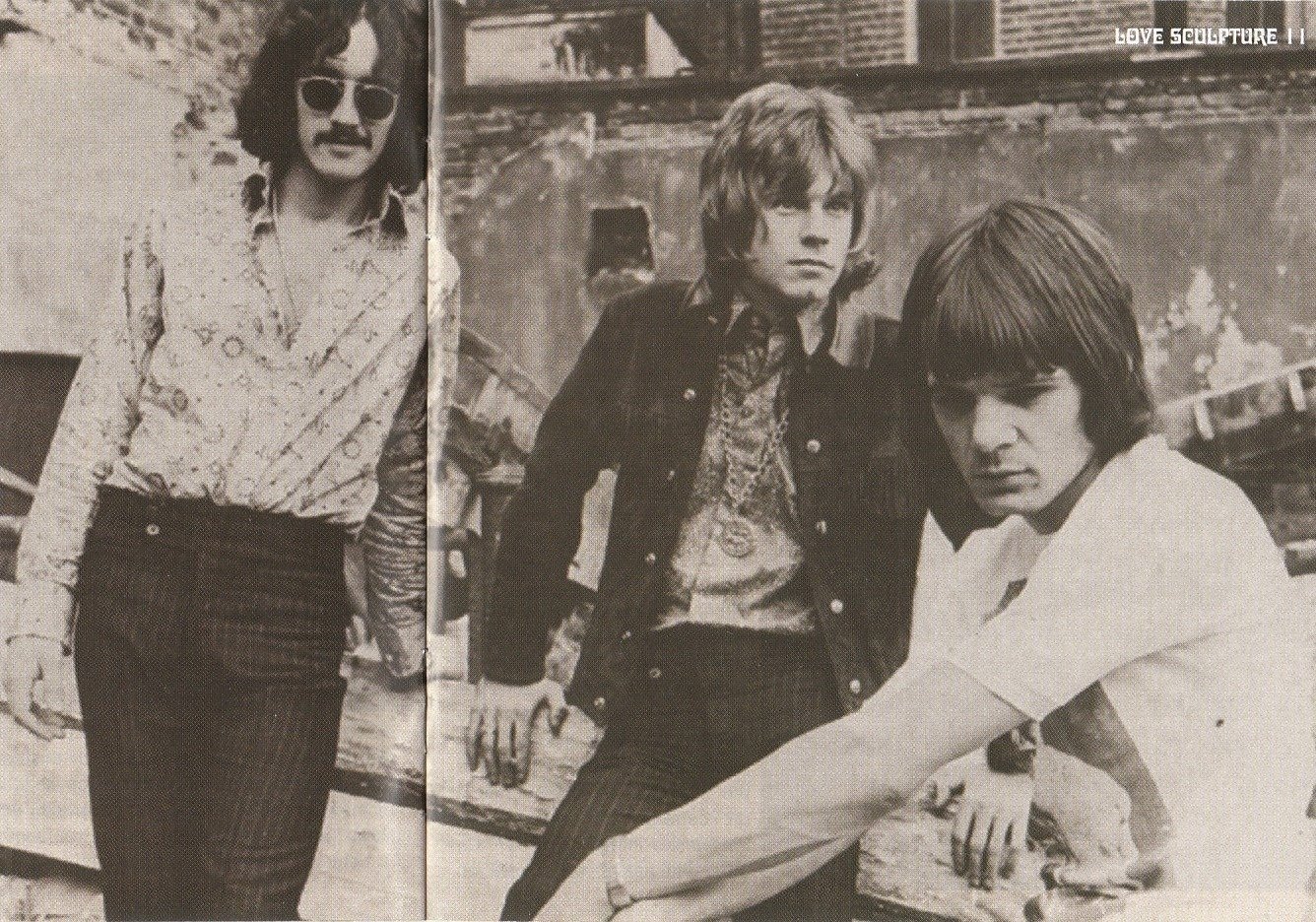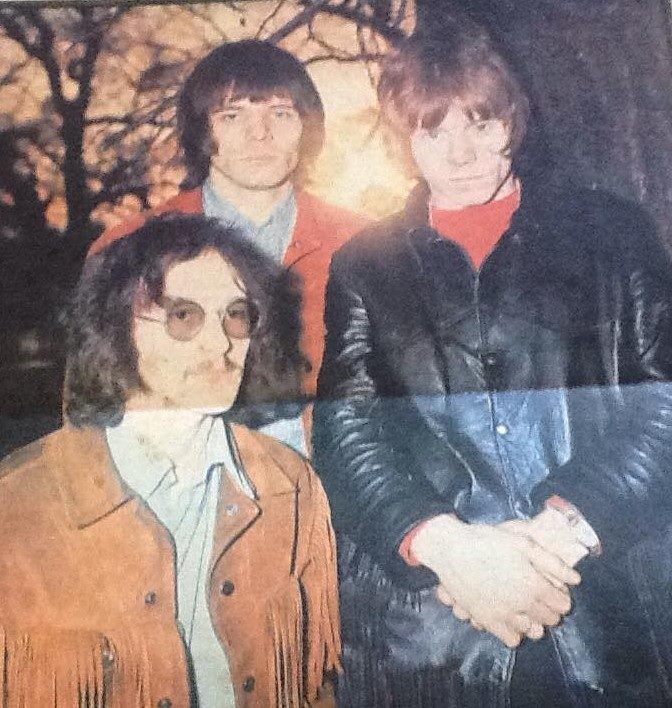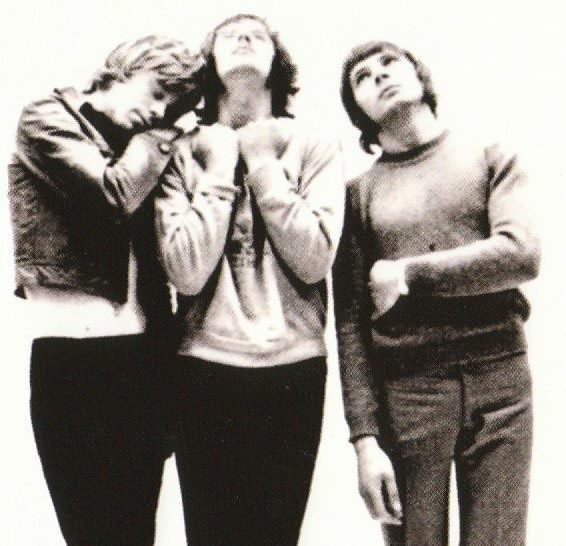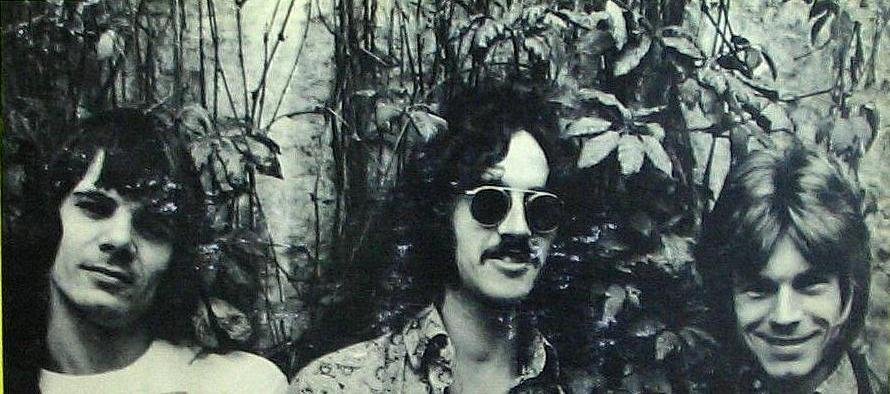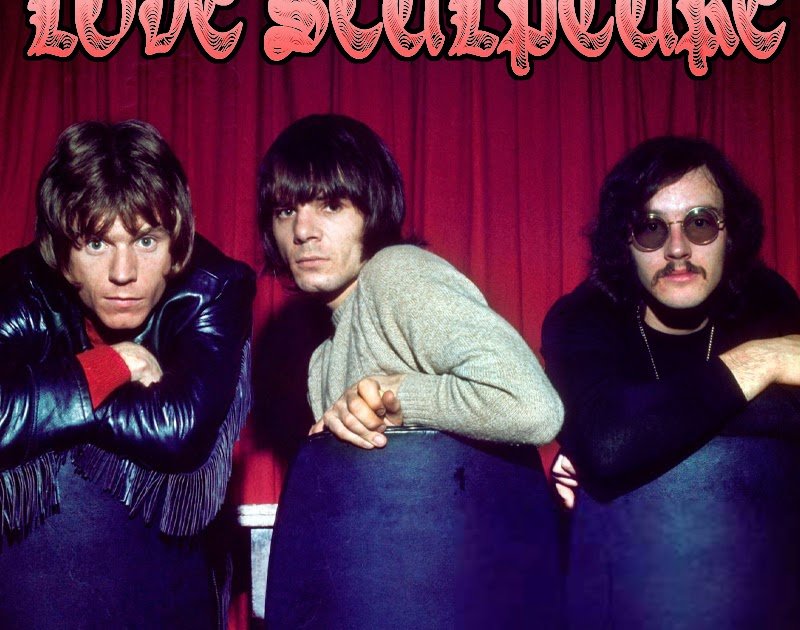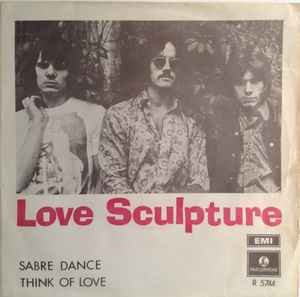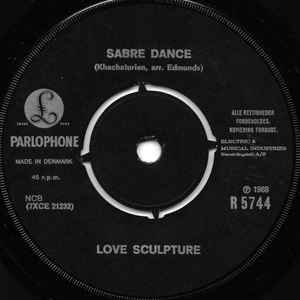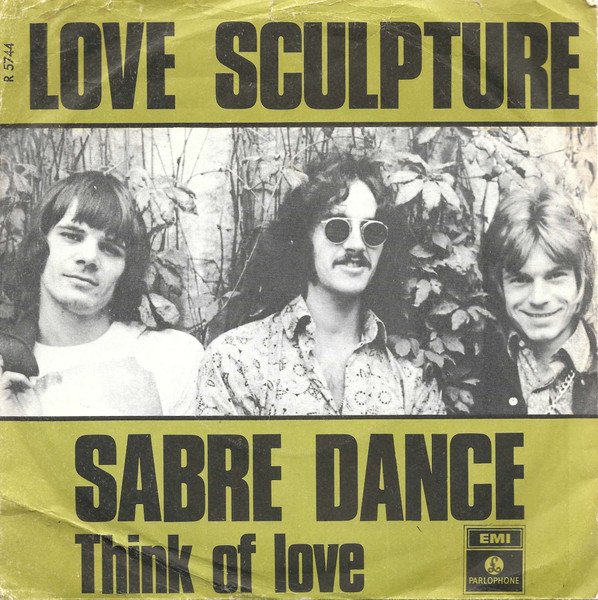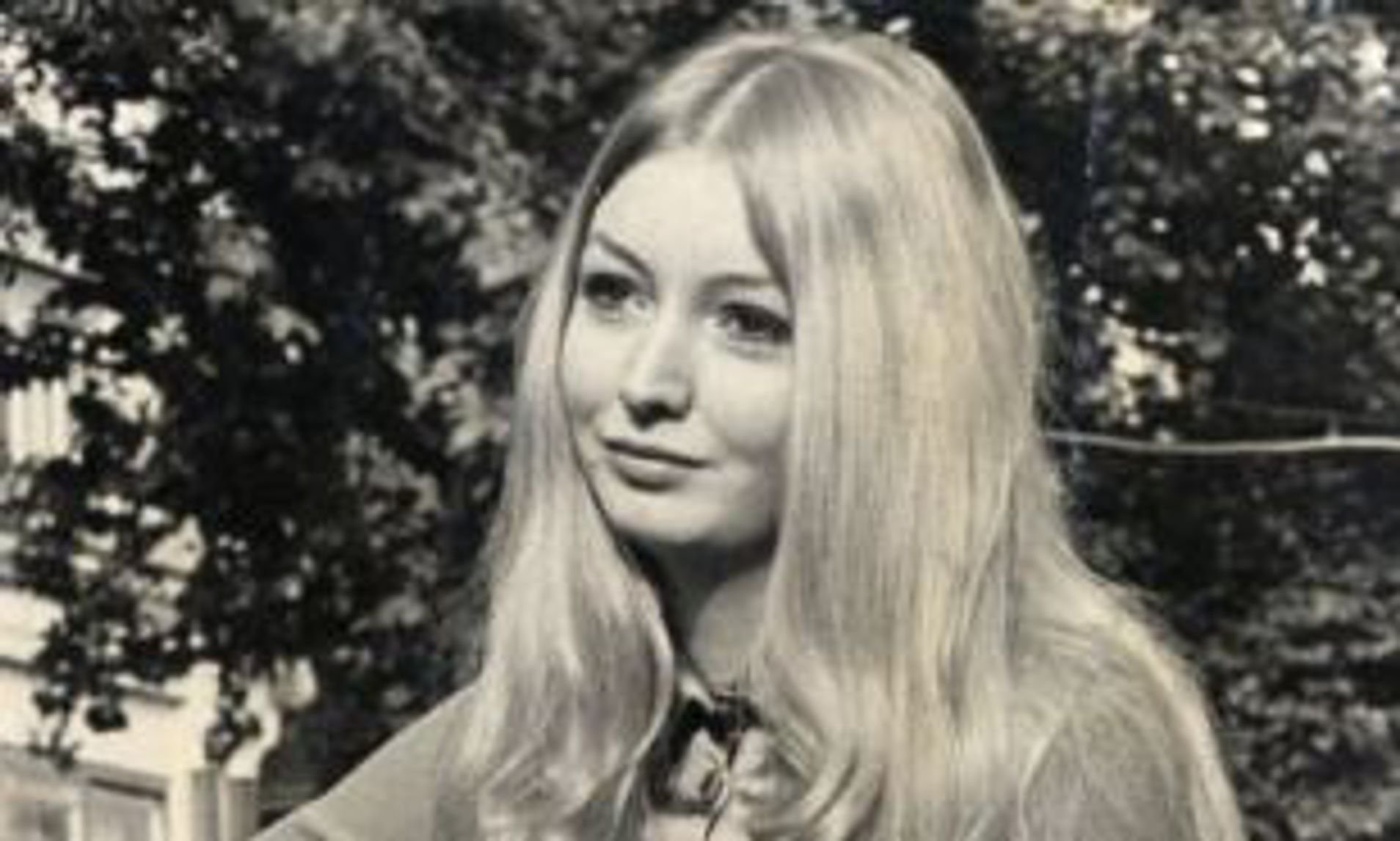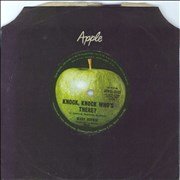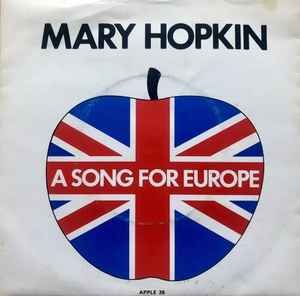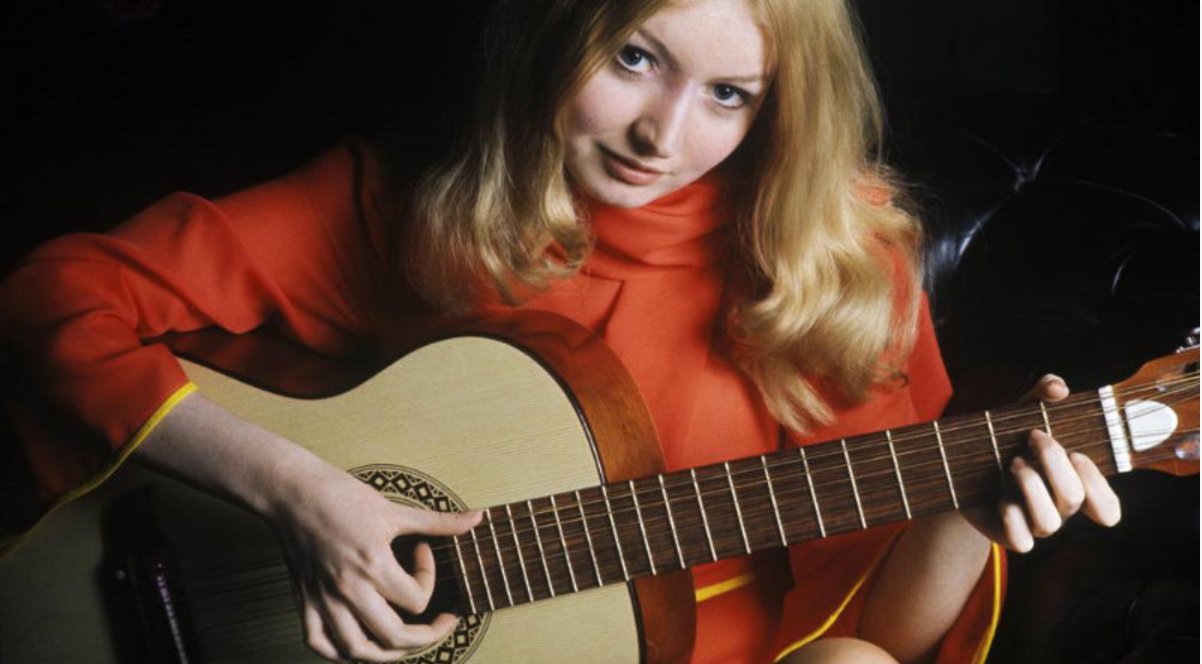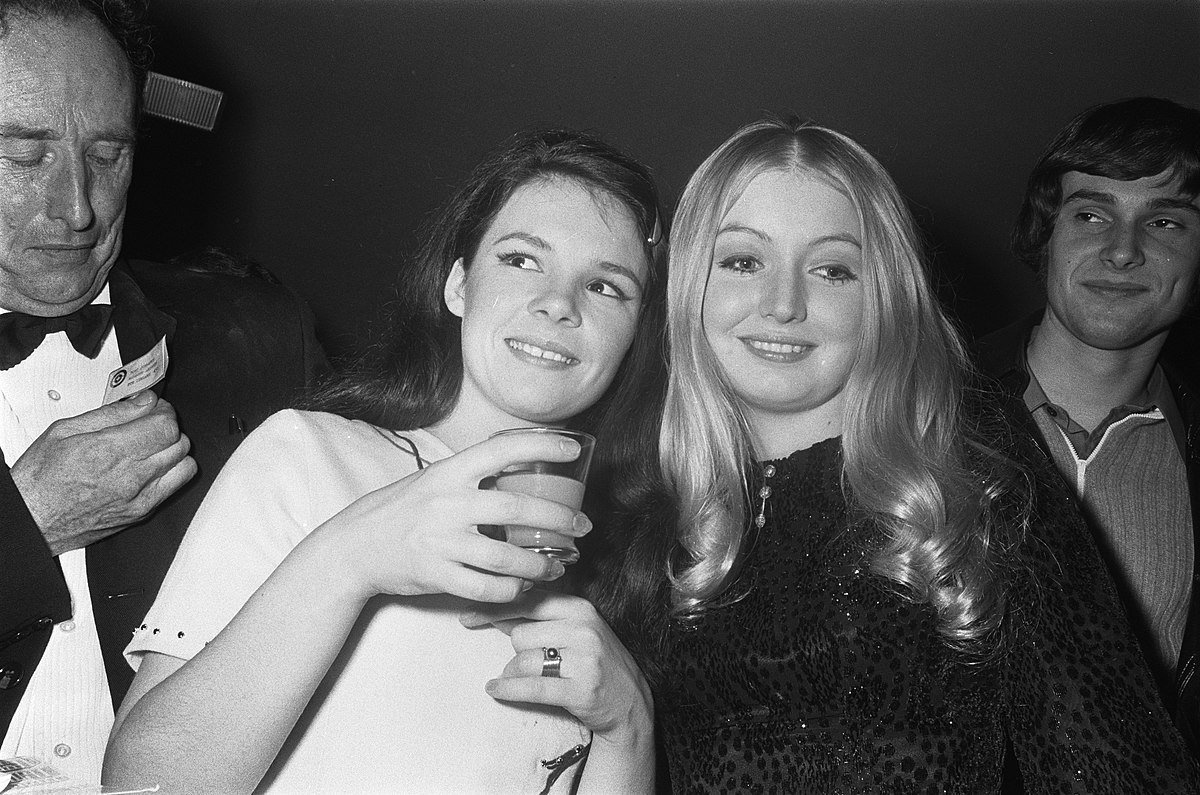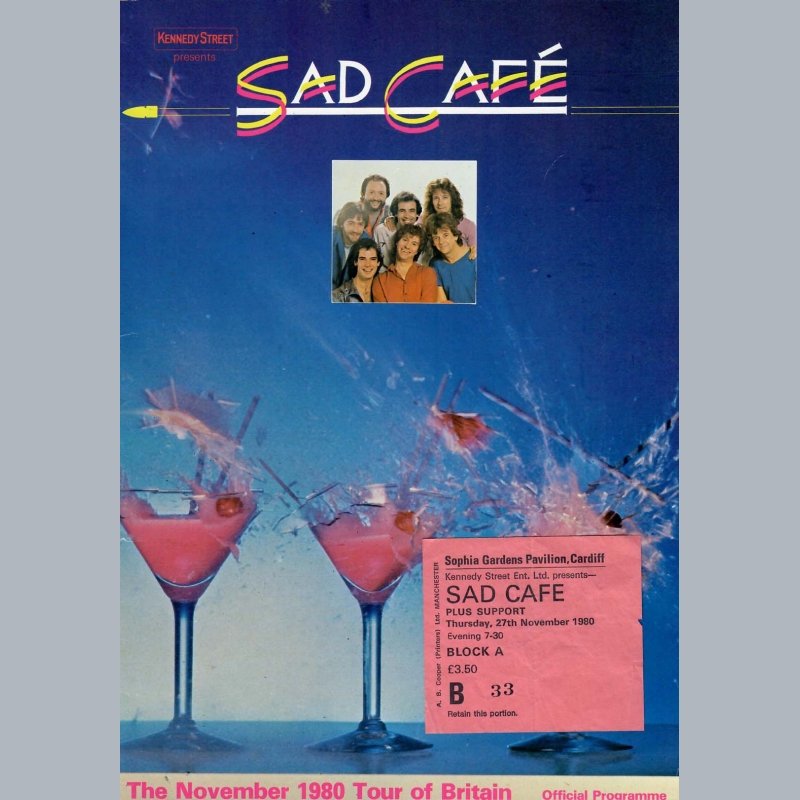Images may be subject to copyright
On this day 18 January 1968, it was reported that the government’s I’m Backing Britain was getting support from the country’s movers and shakers amongst the country’s musical fraternity including comments from two Welsh pop exports, Spencer Davis and Amen Corners Andy Fairweather Low.
A group of Surbiton typists began it all in December 1967 when they agreed to stay and work an extra half hour a day for free at a firm called Colt Heating. Within days they had become front-page news and many thousands followed their lead – in the face of great opposition from Trade Unions.
The media and establishment picked up their idea. Robert Maxwell took out “Buy British” ads in the papers and people were encouraged to sport T-shirts and badges emblazoned with “I’m Backing Britain” over a union jack.
The Duke of Edinburgh even lent his support saying it was “the most heartening news I’ve heard in 1967”. The campaign was made that much easier because – post devaluation – the pound now bought less overseas.
When asked about whether they’d be Backing Britain, Spencer Davis replied, “I’ve been backing Britain for a long time. I think the pop scene can definitely help the economy. All the groups could play a mammoth charity show for ten years to help the trade gap. Quite frankly the trade gap is being helped by The Beatles and the Stones selling so many records abroad. A lot of people don’t realise that when they put down groups because of their long hair and clothes. Anyway think how much long hair helps the shampoo manufacturers!
Andy Fairweather Low replied, “One can’t distinguish whether this is an intensified campaign boost the government’s sagging image, correction… Harold Wilson’s sagging image or, if it is genuine, and a few misguided people feel they can help. It’s been proved ants can’t move rubber tree plants. If everyone owned up, the truth would be that each individual puts his interests first. I would sympathise if the movement was backing Wales Home Rule.


